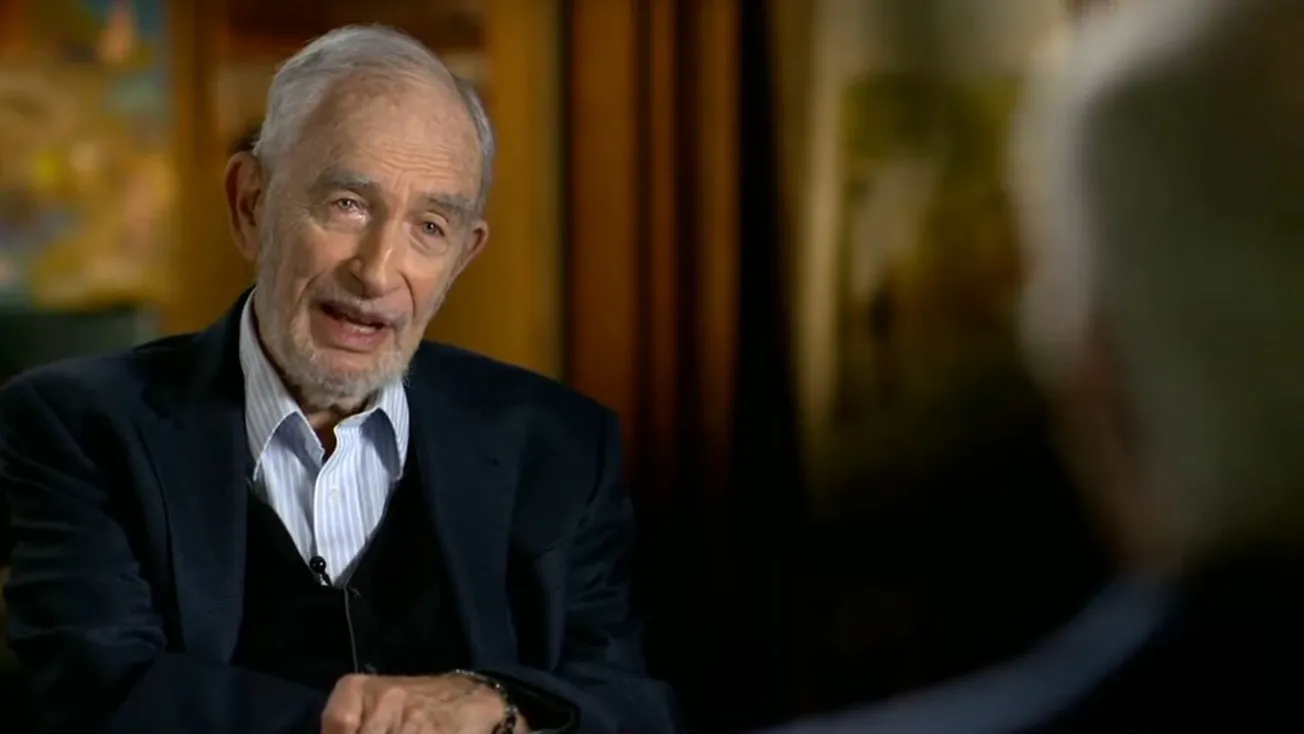Table of Contents
In a truly rational world, Paul Ehrlich would be a punch-line, if remembered at all. Ehrlich’s entire career has been a masterclass in how to be wrong, consistently and about everything. Yet, far from a figure of universal mockery, Ehrlich remains a guru to the green-left.
How is this even possible?
Paul Ehrlich’s memoir, “Life: A Journey through Science and Politics,” comes out next week. It probably won’t sell as many copies as “The Population Bomb” (1968). But neither will it flop—and it should. Mr. Ehrlich, 90, whom the media treat with an obsequious deference—see the recent cringe-worthy segment on CBS’s “60 Minutes”—will again profit from the capitalist consumption he’s spent his life decrying.
Mr. Ehrlich is a purveyor of “doom porn” at a time when the world has never been more prosperous. Developed countries are astonishingly rich, and even in developing nations the share of the population in absolute poverty has fallen to single digits. Mr. Ehrlich in 1968 predicted mass starvation; instead obesity is rising, even in Africa. So why don’t people ignore him? Ignorance is no excuse when we carry the entirety of human knowledge in our pockets.
Because, like a hell-fire preacher in a tent-show revival, Ehrlich is selling a message that fear-addicted rubes just can’t get enough of. And, when it comes to fear-addicted rubes, humans are churning out one every nanosecond.
It’s been that way ever since we came down out of the trees.
The answer is that humans have evolved to prioritize bad news. “Organisms that treat threats as more urgent than opportunities,” wrote Nobel Prize-winning behavioral psychologist Daniel Kahneman, “have a better chance to survive and reproduce.”
As Peter H. Diamandis and Steven Kotler explain in “Abundance: The Future Is Better Than You Think,” our brains have limited bandwidth and need to focus when a threat arises. Most information is first sifted through the amygdala, a part of the brain that is “responsible for primal emotions like rage, hate, and fear,” Messrs. Diamandis and Kotler write. “The amygdala is always looking for something to fear.”
Imagine you’re a scrawny, ape-like critter hooting and flinging your poop in Africa a few million years ago. Eventually, you get the idea to climb down from the trees and start foraging in the wide, beckoning savanna. The only problem is that all that inviting long grass is home to a whole menageries of predators who rarely troubled you in the tree-tops.
So, you have to be on your look-out, constantly. That rustle in the bushes? Might just be the wind, or it might be a hungry lion. If you’re an optimist, you might be right — but if you’re wrong just once, you’re catastrophically wrong. If, on the other hand, you’re a fraidy-cat who runs hooting into the trees at your own shadow, well, when you’re wrong, it’s not anywhere near as catastrophic. No matter how often you’re wrong.
But the sort of jumping-at-shadows behaviour that paid off so well on the African savanna a million years ago, doesn’t pay off so well in an advanced, industrial society. Consider climate change: if the Climate Cult are right, they might tweak the globe’s temperature by a degree or so in a couple of hundred years. If they’re wrong, though — they’re smashing the foundations of modern society and condemning billions to starvation and freezing poverty for nothing.
And Paul Ehrlich has spent a lifetime being very, very, very wrong.
Mr. Ehrlich built a career pandering to these inclinations, starting with “The Population Bomb.” In 1970 he said that “if I were a gambler, I would take even money that England will not exist in the year 2000.” That got the attention of Julian Simon, a University of Maryland economist, who a decade later challenged Mr. Ehrlich to a wager.
It was structured as a commodities futures contract. Simon agreed to sell Mr. Ehrlich $200 each worth of chromium, copper, nickel, tin and tungsten in 1990 at 1980 prices.
The bet would pay off for Mr. Ehrlich if the metals became scarcer and thus costlier. On the settlement date, the total price had declined from $1,000 to $423.93. Mr. Ehrlich mailed Simon a check for the balance, $576.07.
Human Progress
That’s not the only preposterous claim that Ehrlich made. Ehrlich was adamant that there would be mass starvation in the United States in the 1980s — he emphasised that nothing could be done to prevent it. As we all know, far from starvation, the US’ biggest health problem is obesity.
There’s being wrong and there’s being Paul Ehrlich.
Yet, this serially wrong lunatic is a demigod of the environmental movement.
That tells us all we need to know, really.









